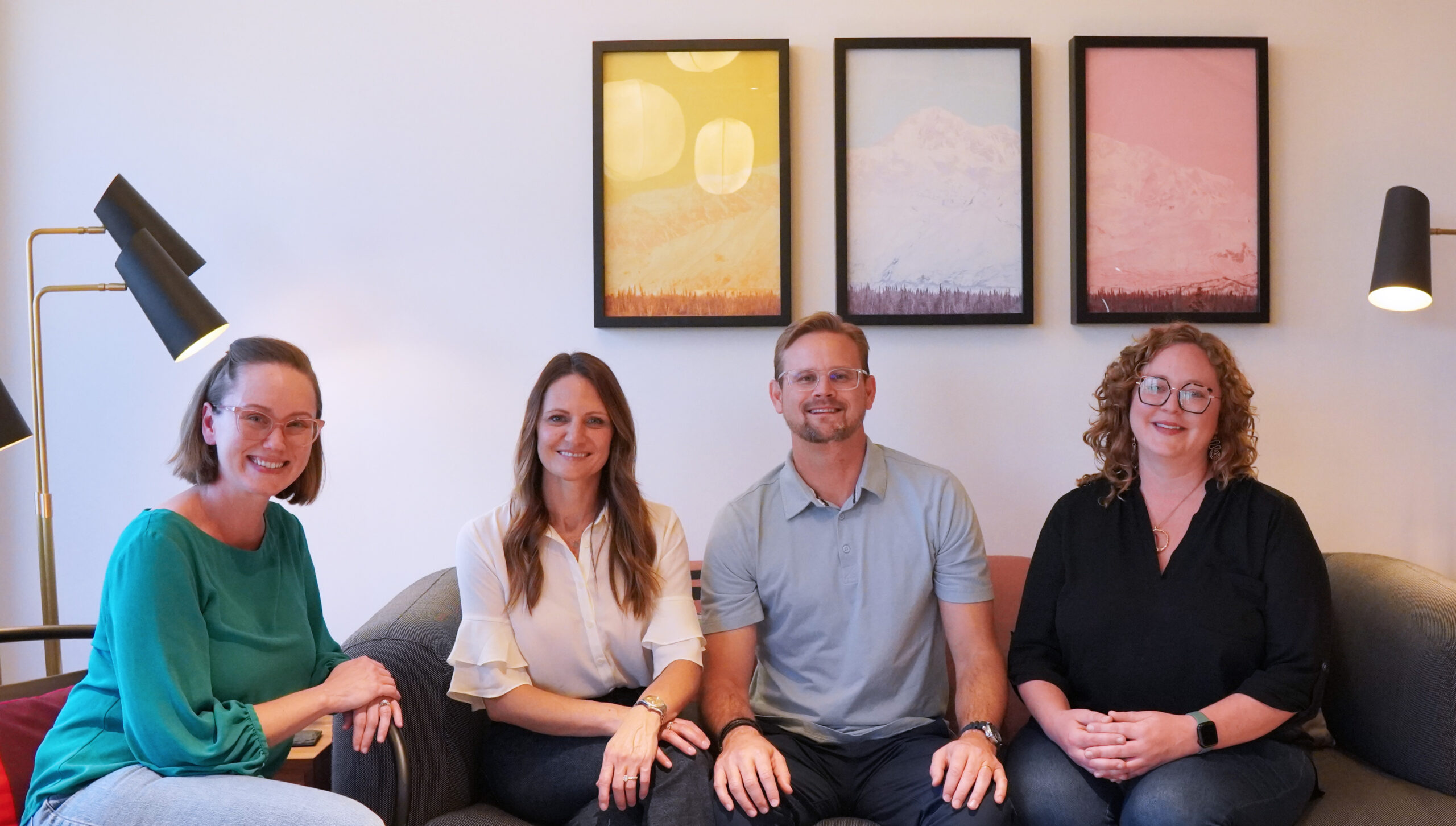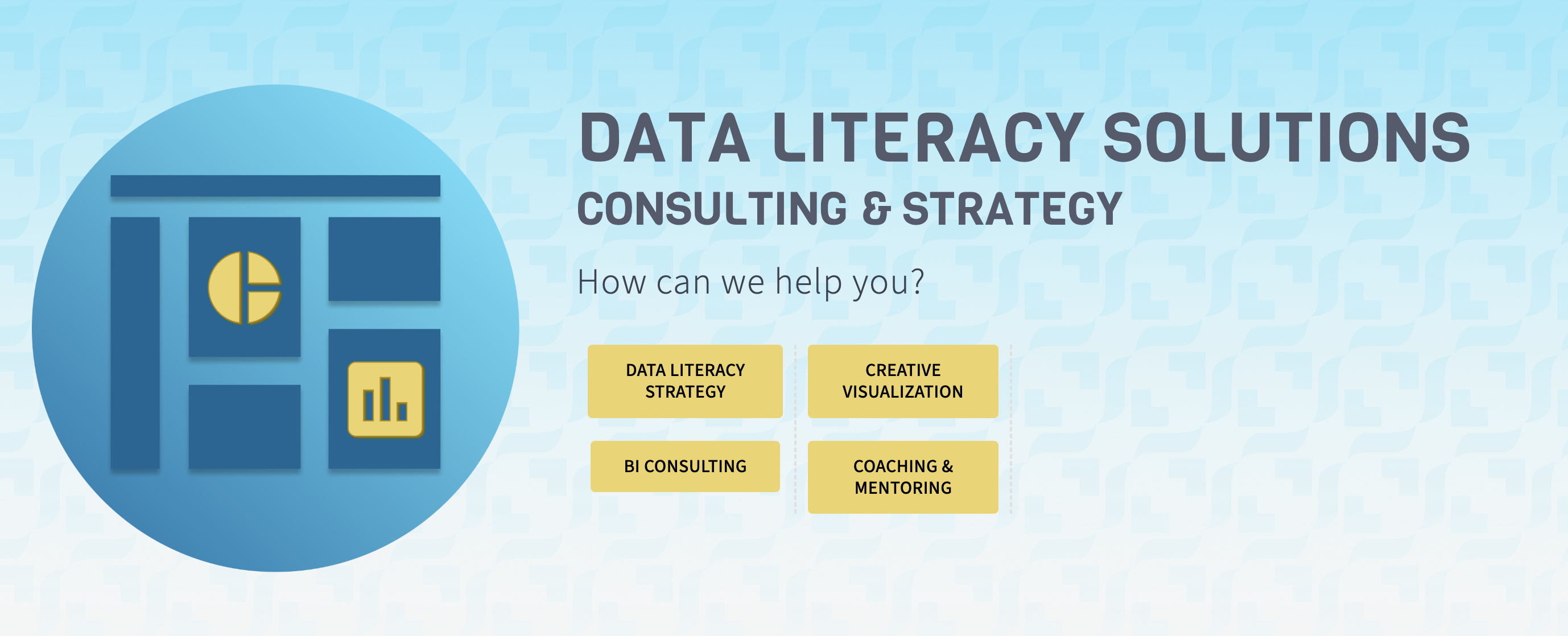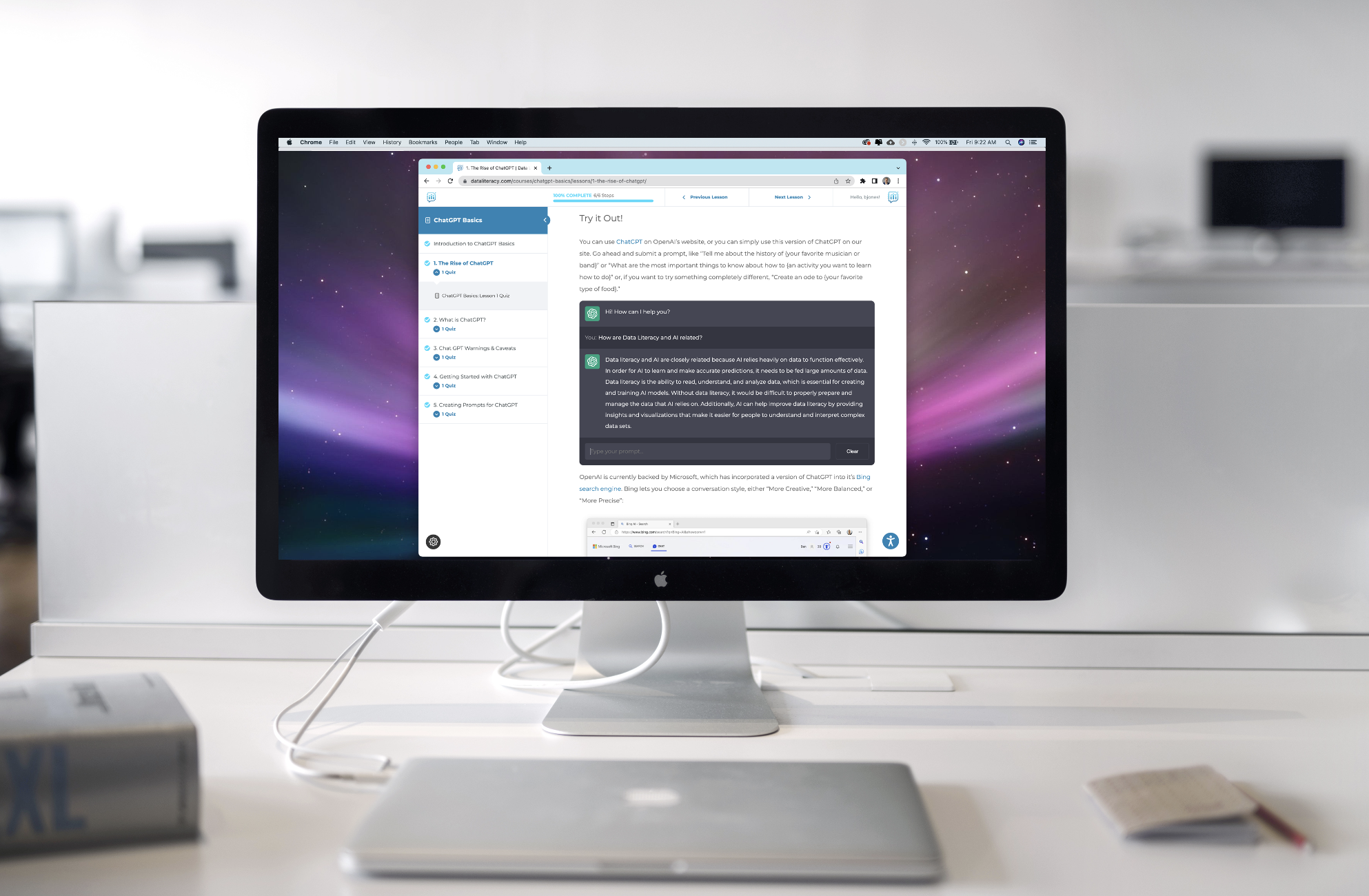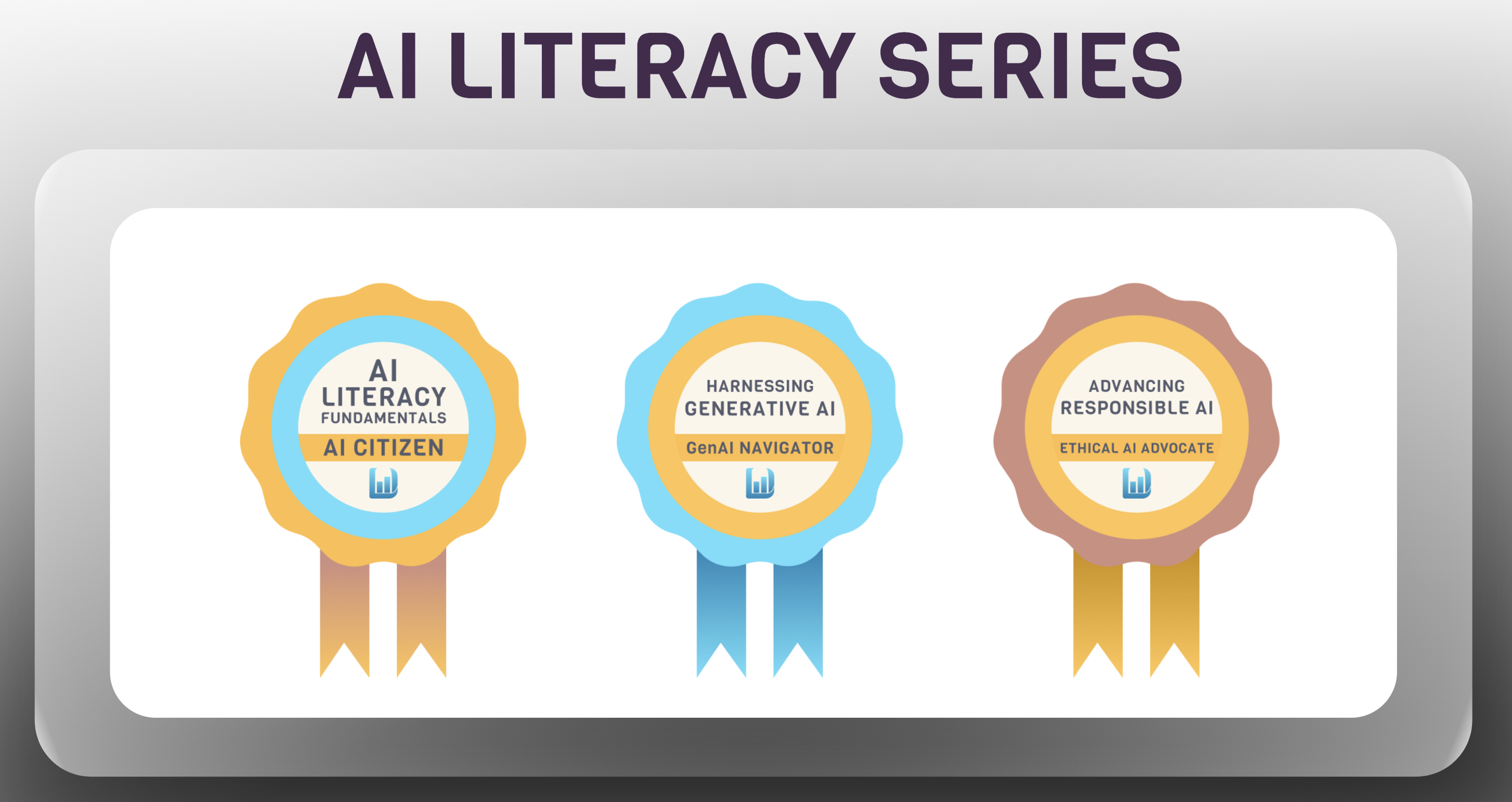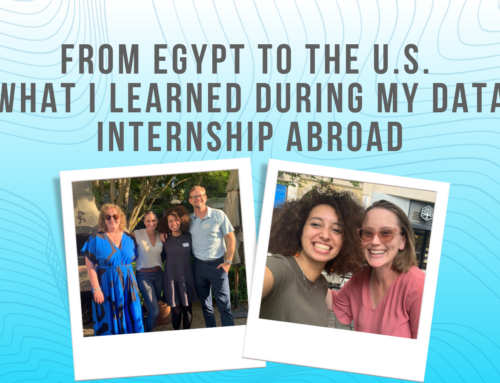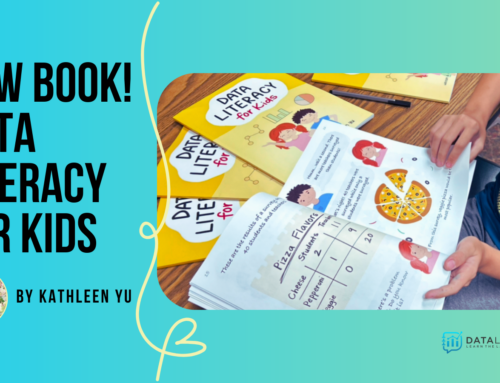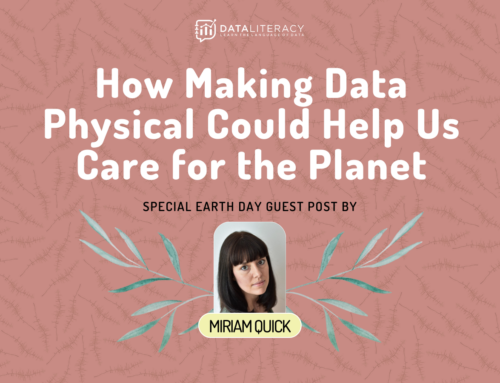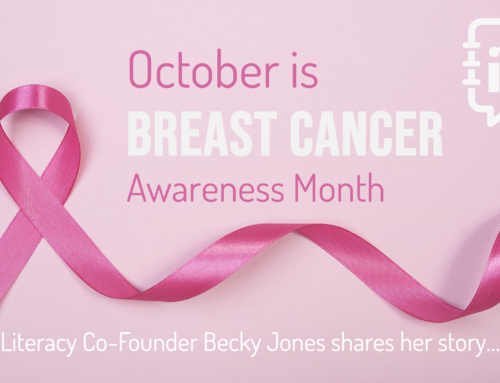Happy 6th Birthday, Data Literacy!
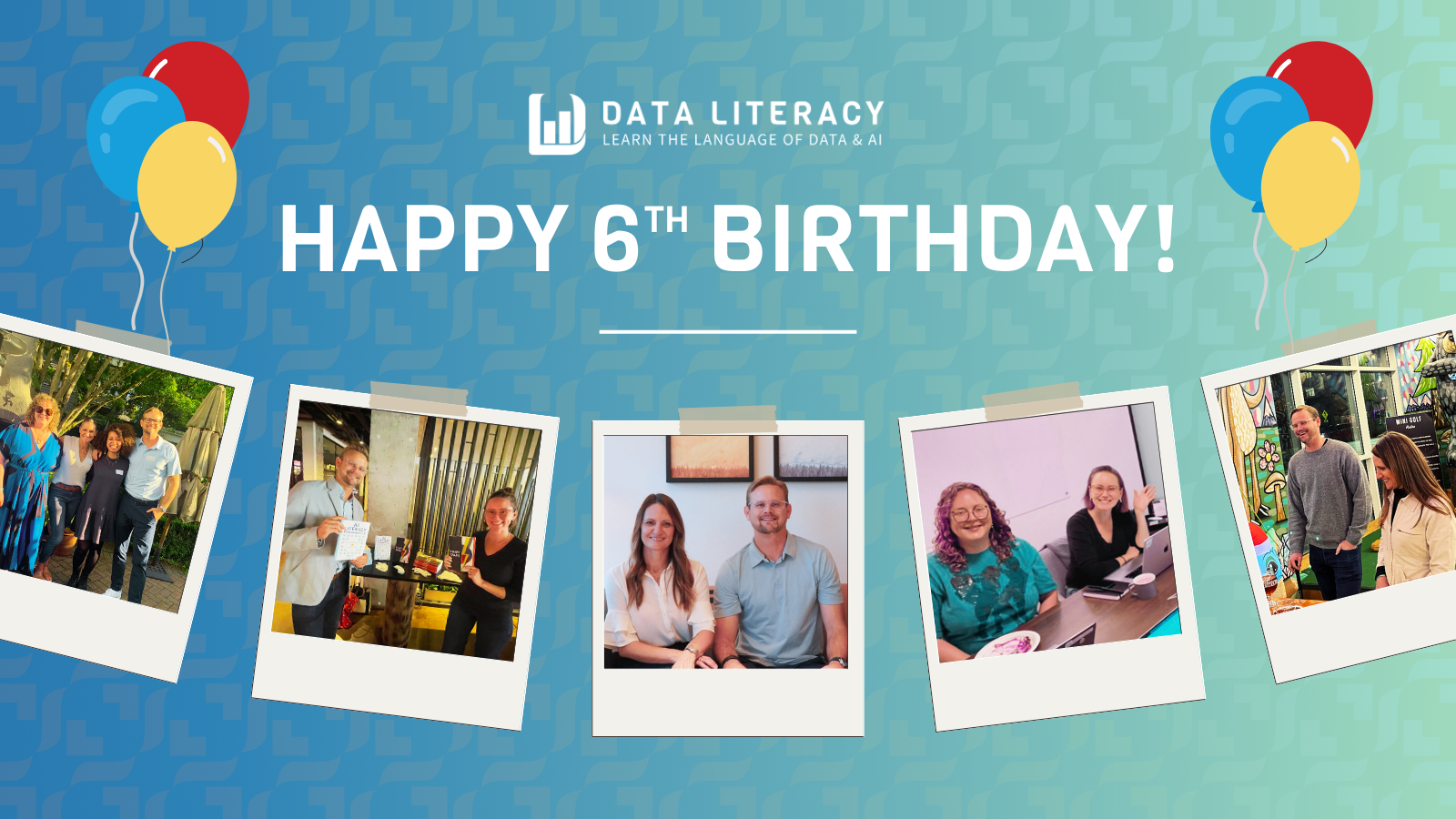
(This post was written by Ben Jones, with zero assistance from LLMs.)
A Data Story of Survival
Today, December 5th, 2024, marks the sixth anniversary of the launch of Data Literacy as a company! That’s no small feat, considering that, according to the U.S. Bureau of Labor Statistics, only 51.6% of all private companies that were born during the year ending in March 2019 (our own birth year) were still in business at the end of March 2024.
The survival rate is a little lower – 50.6% – for companies that started that same year in our sector (professional services). And we’re already in the minority for those in our cohort that were born in the state of Washington, as only 41.1% were still open for business at the end of March 2024.
This simple little data story is one of surviving, not thriving, isn’t it? And in many ways, that has been the challenge for many of us. For we are in the cohort of companies that were born in the year prior to the COVID-19 pandemic.
For us and our peers, we had to face unprecedented winds of change in our second full year of operation, just as we were getting our legs underneath us and beginning to walk. And as we staggered forward, we encountered a climate of increasing polarization, digital disruption, and economic inflation and uncertainty.
In the words of the Tao Te Ching, these times “weakened our ambition, and toughened our resolve.” That’s life, isn’t it? And as inconvenient as these challenges and setbacks can be, they’re what shape us and give us the grit we need to hang in there. Some of us have found the way to do just that, and others – no less talented or dedicated, mind you – have made the decision to wrap things up and move on. There’s no shame in that.
A Story of Steady Growth
As for Data Literacy, I’m proud (and grateful) to be able to say that the cliché is true for our company: we haven’t just survived, we have thrived. We have added to our library of books and courses every year. We have grown our full-time team (adding Megan Hanno in 2021 and Alli Torban in 2023) as well as our extended team of talented contractors – website developers, cybersecurity experts, lawyers, video editors, audio editors, copy editors, and the list goes on.
And we have managed to grow in sales every year since inception. Our dual pipelines of products and potential customers are healthier than they’ve ever been. And we’re still on our feet, striding forward, leading a much broader movement to close the biggest education gap of our time. There’s still a very long way to go.
But none of this has come easy to our “small but mighty” team. We don’t have billionaire backers, nor have we accepted a single dollar of outside investment in the company’s history. We have even said “No” to a would-be private equity acquirer recently. We’ve decided to stay family-owned, and we’ve decided to own our destiny, and our decisions, for better or for worse.
A Story of Adaptation
They say small businesses need to adjust and adapt, and even to “pivot” from time to time: pivot to new products, new markets, or even totally different business models. That has certainly been true for us.
When I started this business six years ago, I expected that the majority of our sales would be “B2C” – business to consumer. My plan was that we’d find a way to help individuals looking to grow their own knowledge and skills to keep pace or even get ahead in their careers.
And that has certainly been the case for thousands of individual who have taken our courses and read our books. But in the first six years of our company’s history, the truth is that B2C has been vastly outpaced by B2B revenue streams: organizations looking to upskill their internal teams.
How did we adapt to the B2B demand? Well, in 2019, my wife & co-founder Becky Jones left Amazon and began handling all enterprise sales and business development. I can’t tell you what that meant for my own ability to write books and create courses. It’s not mere correlation that I’ve managed to write and publish seven of my own books and two by other authors since she made that decision.
It’s not abnormal for sales cycles with Fortune 100 companies and large, bureaucratic government agencies to take well over a year. There’s just no way I could handle the dozens of meetings and hundreds of emails with one single potential customer that are often necessary before you even have a contract with them, let alone a single dollar of revenue. If you’d like to talk to her to find out for yourself how we can help your organization, reach out any time.
Meeting Organizations’ Needs
With Becky’s help, we started listening very closely to what clients and potential clients actually want, or, more specifically, how they actually want their data literacy training delivered. Some of them were fine (and even a little relieved) that their team members could take on courses on our site. Others were fine with that, but required single sign on (SSO), which we accommodated. Many, however, didn’t want to send their employees to our site at all, they wanted to keep it all under their own roof. So we adjusted to provide our courses in a format that organizations can directly import into their own learning management systems (LMS), in either SCORM or Tin Can / xAPI format, depending on their needs.
And five years ago, in response to the overwhelming need to be able to establish a “baseline” against which our customer organizations can measure progress, we launched the Data Literacy Score assessment. This diagnostic tool has helped organizations around the world determine their level of maturity in data, and identify common pain points they need to address in order to move forward.
Expanding Our Consulting Services
More recently, we decided to expand the types of consulting services we offer. Since day 1, we have been in the business of “teaching to fish,” and that will never change. But we have encountered more and more of our training and assessment clients that want us to also “give them fish” – by getting more involved in individual projects, and by coaching and mentoring key individuals who are leading their digital transformation efforts.
We’ve been happy to do just that, providing guidance on data literacy strategy, helping build their Tableau or Power BI dashboards, and even creating chart style guides for their internal use – a deliverable that we’re uniquely positioned to provide ever since Alli joined the team.
These projects have helped us grow our revenue, sure, but more than that, they have helped us “sharpen the sword,” ensuring that our own data skills are fresh and up-to-date. Many would question or even criticize such a move into consulting, but in my opinion, you just can’t quantify the value of expertise.
Taking a Lead in AI Literacy
This leads me to the biggest pivot we’ve had to make as a company so far. When OpenAI released ChatGPT in November 2022, the world shifted in many ways – some for better, some for worse. The “AI summer” that had begun with AlexNet in 2012 dramatically increased in temperature, and a brand new AI hype cycle kicked in.
People in every industry scrambled to learn what AI was, as if it were a brand new thing, and many companies surfaced selling AI snake oil to the uninformed. The importance of closing the data literacy gap took on a whole new level of urgency.
So, our team immediately responded, creating and launching ChatGPT Basics just four months later, in March 2023. This wasn’t just a series of videos and quizzes, it was one of the first courses in the world to actually embed GPT-3.5 (and then GPT-4) directly into the course itself. Learning about the blessings and blemishes of Generative AI requires actually using it, and we resolved to give our learners the hands-on experience they need.
And we made our chapter on ChatGPT Warnings & Caveats available for all for free, since we felt it was imperative to get the word out about the potential problems and pitfalls of LLM-use, from inaccuracies and bias to copyright concerns and toxicity.
Then, this time last year, we made a huge decision to go beyond one type of AI, and one specific large language model, and embrace and lead the AI literacy movement itself. We were fortunate to have a large U.S. government client sponsor the creation of three courses in our new AI Literacy series:
Those courses are now out there for your or your team to take, and I can say this much – they’re the reason we still exist as a company.
Looking Ahead to Year 7
So what comes next? Well, the broader data literacy movement and now the AI literacy movement are just getting started. Google search traffic is by no means a perfect metric to use to track the progress of an entire movement, but if we take a look at the growth of search for these topics since we started as a company, we can see that we – collectively – are indeed making steady progress:
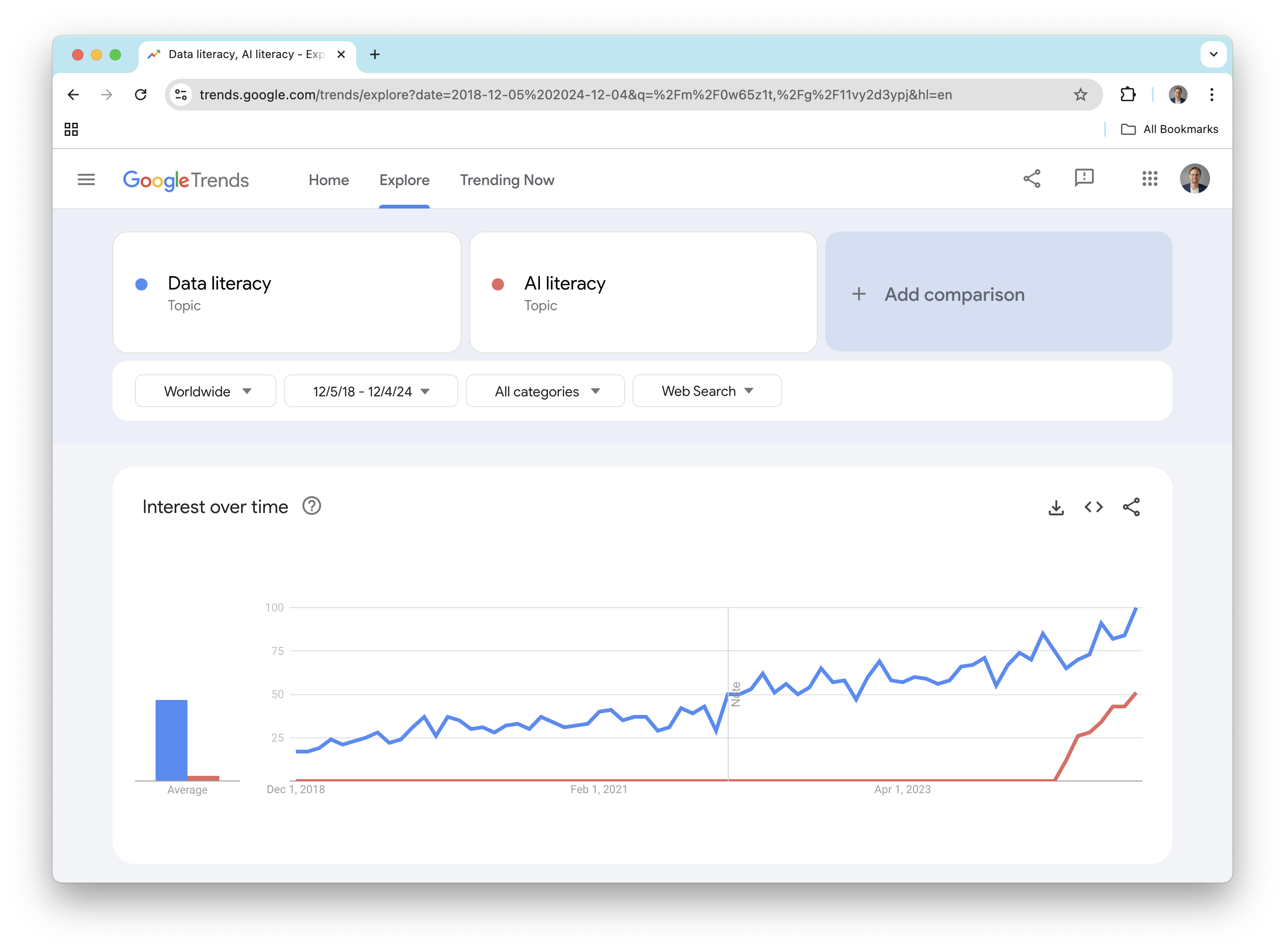
As a team, Becky, Megan, Alli and I just finished our annual strategic planning meeting, and we have some exciting things in the works in the coming year! We will be revamping our assessments to incorporate AI literacy, and we will be creating courses on data storytelling and data-informed decision making.
And I haven’t quite given up yet on the idea of helping more individuals who don’t work for big companies with big training budgets. I’m hoping an affordable subscription service will help by providing access to all of our courses and books. Time will tell!
In the meantime, I would like to wish you all a very happy holiday season, and I’d like to thank each and every one of you who believe in this movement of ours, and who are pushing hard along with us to close the great data and AI literacy gap.
And to those of you who have read this far, I salute you! Thanks for letting me indulge in a little “navel gazing,” and thanks for always supporting us.
Sincerely,
Ben

